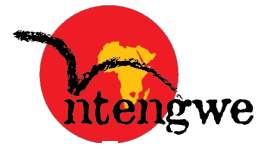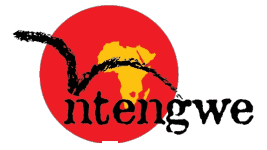Our Commitment to Safeguarding
Safeguarding policy and procedure at Ntengwe
This page highlights the policies and processes Ntengwe has in place to protect the people we work with from any form of abuse, exploitation and harm.
At Ntengwe, we are committed to zero tolerance of sexual harassment, exploitation and abuse in our organization and in our communities. This means that we will do everything in our power to prevent these from happening, and rigorously address it each and every time it happens. One of the most important pillars of safeguarding is our Code of Conduct, which provides a framework within which all Ntengwe’ s employees, regardless of location, undertake to carry out their duties and to regulate their conduct.
How can communities we work with safely report cases of misconduct?
Anyone (including Ntengwe’s partners and the communities we work with) can raise a concern or make a complaint to Ntengwe about something they have experienced or witnessed without fear of retribution.
1. REPORTED INCIDENT IS FILED – leave a message and provide detailed information. The person reporting can remain anonymous.
2. ASSESSMENT – If the report relates to safeguarding, a focal team will take care of it. Caring and protection measures are put in place for survivors and witnesses.
3. CASE MANAGEMENT – the focal persons will decide whether to proceed and if so, who should be involved. The investigation starts.
4. OUTCOME – progress reports are issued with recommendations. The complainant will be kept updated from time to time. Decision made and measures will be implemented.
5. CLOSING – the complainant will be informed when the case has been concluded. Lessons learned are documented and a file stored by safeguarding.
 How do we work to prevent abuse and misconduct in the first place?
How do we work to prevent abuse and misconduct in the first place?
Ntengwe created a Safeguarding policy and has a Safeguarding Team. The Team works in three areas.
Prevention: This includes training, communications and information to prevent the risk of harm and abuse, a revision of staff screening processes, risk assessment, and an evaluation of staff capacity to perform the work.
Support and care: Ensuring that staff have on-going access to specialized training.
Response: This includes strengthening and harmonizing current policies and procedures, and ensuring that these are clear and accessible to all. We are aiming to cultivate an environment where information is shared and people are held accountable.


